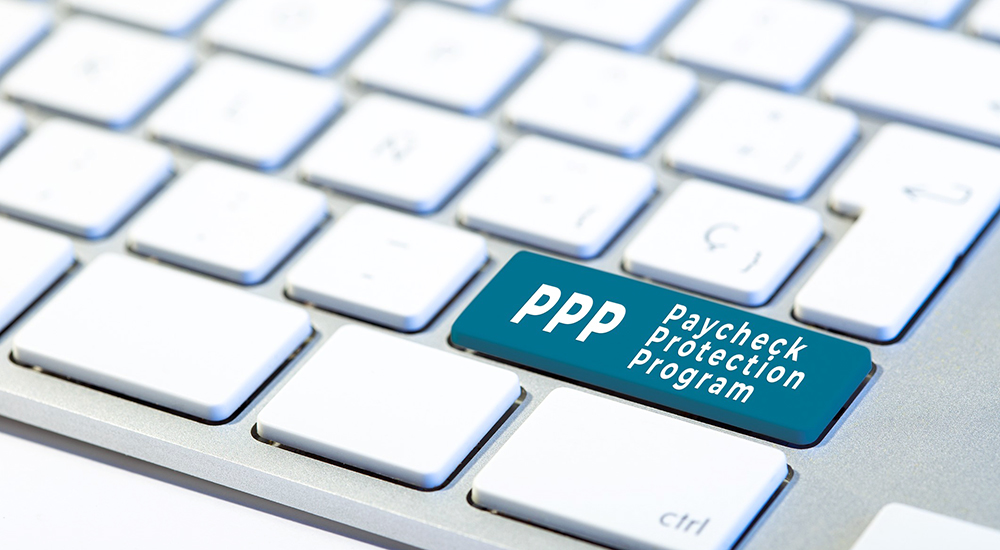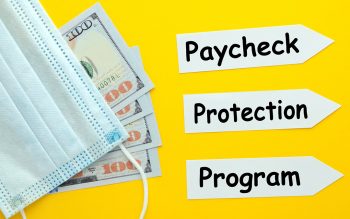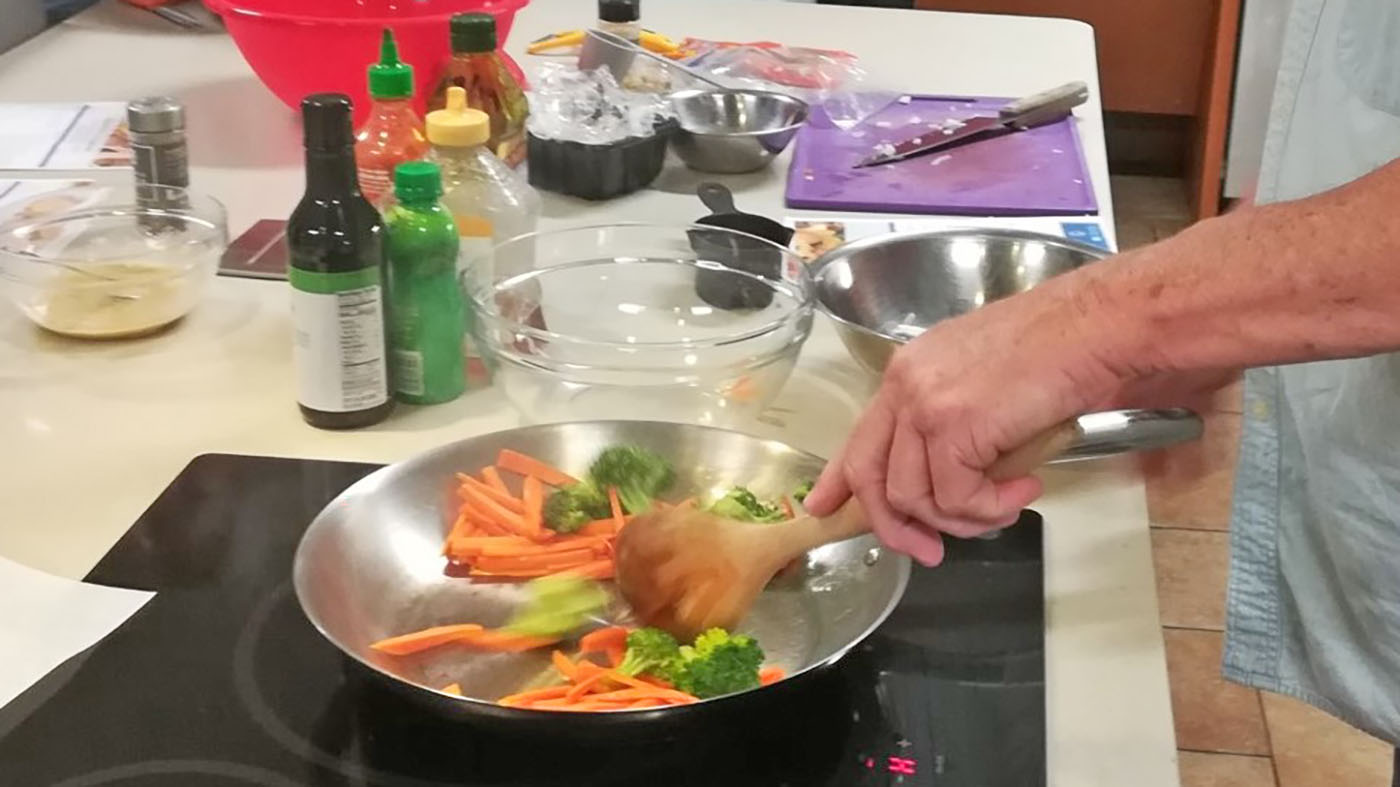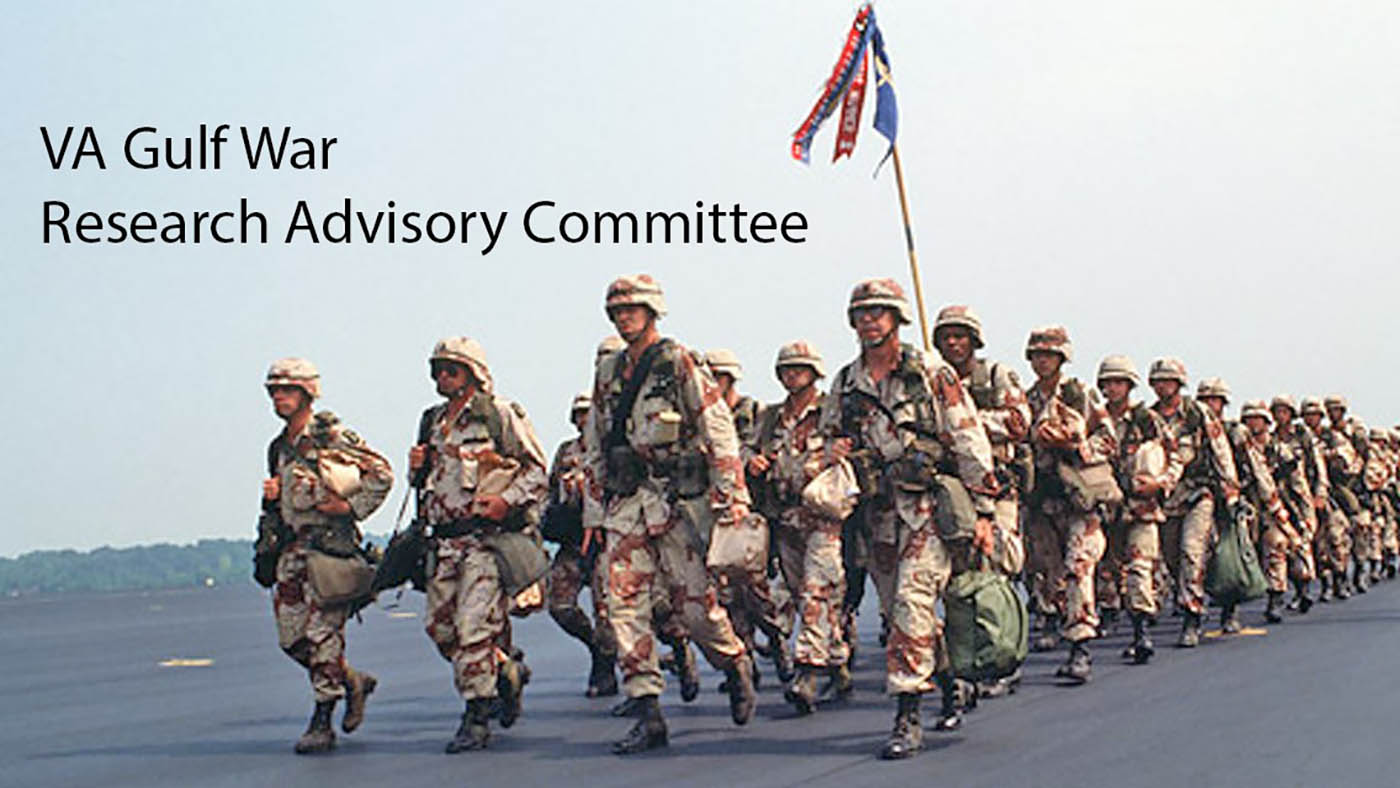Veteran Business Owners! The great program discussed in this story is still available… until the end of March! See the end of the story for details.
Small businesses have been especially affected by the COVID-19 pandemic. Compared with larger businesses, especially those that are publicly traded, small businesses often lack the ability to borrow funds to continue operations.
Moreover, many small businesses are clustered in the wholesale and retail trade and food and hospitality sectors, which were hit hard by state lockdowns.
With Veterans declining in entrepreneurship and increasingly residing in cities with lower wage, employment, and productivity growth, one might think that they are more adversely affected by the pandemic than their counterparts.
However, our recent work at VA’s National Artificial Intelligence Institute (NAII) offers a new perspective. In our newly-released working paper, we used publicly-available data on the Paycheck Protection Program (PPP) to study how the PPP affected Veterans and their access to financing over the pandemic.
Veterans received more loans than non-Veterans
We focused on recipients of loans under $150,000. Doing so, we found that Veterans received 3.5% more loans and 6.8% larger loans than their non-Veteran counterparts. We ensured as careful statistical comparisons as possible. We compared Veterans and non-Veterans in the same ZIP code between April and June following the release of PPP funds.
The study also compared individuals across ZIP codes, controlling for a wide array of ZIP code characteristics. These characteristics include differences in the elderly population and industry composition. This way, we ensure that we did not pick up spurious correlates.
We found even more positive results among Veterans in the information and professional services sectors.
What can explain these remarkable results?
We used artificial intelligence (AI) techniques to predict receipt of PPP loans among Veterans. The loans were based on local socio-economic and VA medical center characteristics. Those characteristics include how patients have rated the medical center along various dimensions.
Not surprisingly, we found that industrial and occupational employment differences were most predictive of PPP receipt among Veterans, reflecting that certain industries and jobs were more adversely affected by the pandemic as a result of the lockdowns.
We also found evidence Veteran entrepreneurs in information services and health care jobs were more likely to receive larger loans. This suggests those who rely more on data science and professional skills fared better than others.
But what’s especially interesting is that VA facility characteristics mattered almost as much as the industry and occupational characteristics. It mattered almost twice as much as educational attainment, age, race, gender, the poverty rate and even the number of Veterans in a ZIP code.
Quality of medical centers a factor in loans
The high quality of VA medical centers emerged as one of the most predictive factors for PPP loan receipt.
Such results could be due to higher quality medical centers being located in areas with more resources. Yet, we conducted several exercises that suggest otherwise.
For example, we re-ran our predictive models after adding information about the strength of social capital in an area, motivated by the results from the Joint Economic Commission Social Capital Project. However, the inclusion of these variables did not change the predictive power of our VA medical characteristics.
The results suggest that VA medical centers are doing more than just bringing physical healing and recovery to Veterans. It’s possible medical centers are serving as hubs for information. This allows Veterans to gather to learn about resources during the pandemic.
While more work is needed to understand the implications for how to build upon the successes of individual medical centers, there is much potential to drive forward based on this initial analysis.
Many small businesses not aware of program
One recently published study by Professors John Eric Humphries, Christopher Nielson and Gabriel Ulyssea suggests that many small businesses were not aware of government programs, like the PPP, that could help them stay afloat during the pandemic.
VA medical centers behaved as an arena for Veterans to come together and share information. It is possible they allowed for the informal sharing of news about the PPP and how to submit applications.
NAII is focused on piloting new ways to build and leverage capacity to improve the health and well-being of Veterans. Our work shows how to use AI with publicly available data to understand the factors that led to relatively favorable credit conditions for Veterans over the pandemic.
More data, coupled with sophisticated AI techniques, has the potential to significantly improve the way we serve Veterans in achieving not only greater physical health, but also social and financial health, which ultimately feed back into physical health.
While our results provide an optimistic characterization of how Veterans fared, we recognize that there was still a lot of hardship. We welcome continued feedback to ensure quality improvements are implemented.
More information
Get more information on the PPP (sba.gov).
PPP provides loans to help businesses keep their workforce employed during the coronavirus crisis. Borrowers may be eligible for PPP loan forgiveness.
SBA is offering PPP loans until March 31, 2021. President Biden announced program changes to make access to PPP loans more equitable.
Christos Makridis is a senior research adviser on the National Artificial Intelligence Institute (NAII). He holds doctorates in economics and management science & engineering from Stanford University and serves as a research professor at Arizona State University and a non-resident fellow at MIT Sloan, the Harvard Kennedy School of Government, and Baylor University. Gil Alterovitz is the director of the NAII. He holds a doctorate in electrical and biomedical engineering from the Massachusetts Institute of Technology. Also, he is on faculty at Harvard Medical School.
Topics in this story
More Stories
VA promotes early nutrition intervention for chronic kidney disease with targeted programs like Heathier Kidneys Through Your Kitchen.
VA Research Advisory Committee on Gulf War Veterans’ Illnesses hosting Veteran Engagement Sessions in Phoenix for 1990-91 Gulf War Veterans.
Navy Veteran and president of the American Medical Association got a colonoscopy and encourages other Veterans to do the same.








